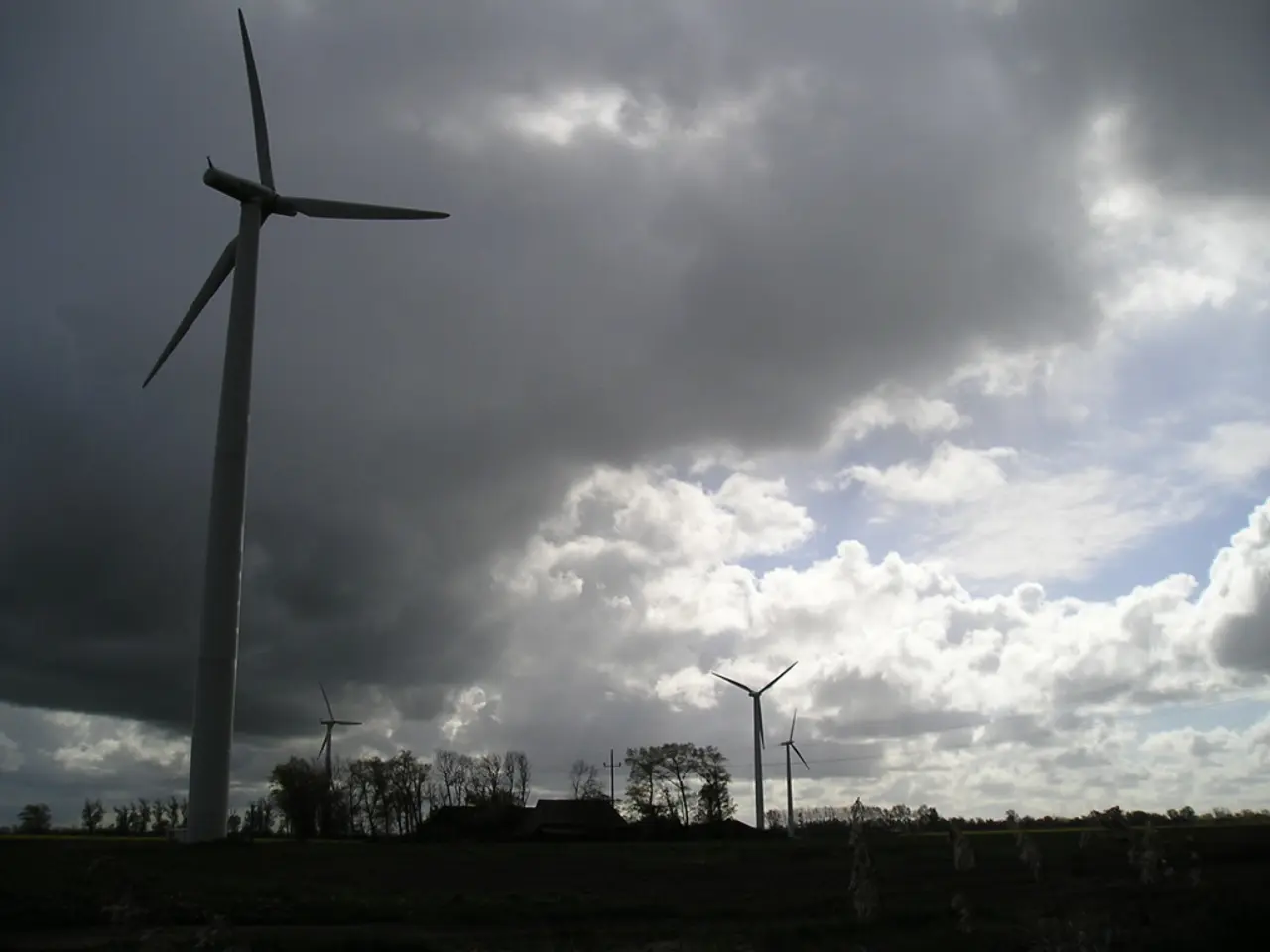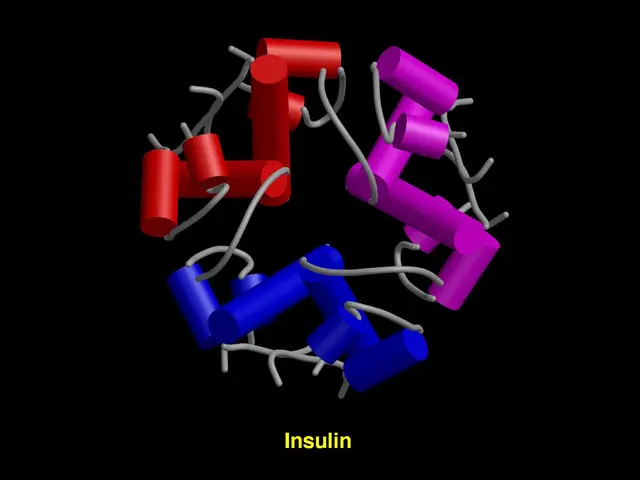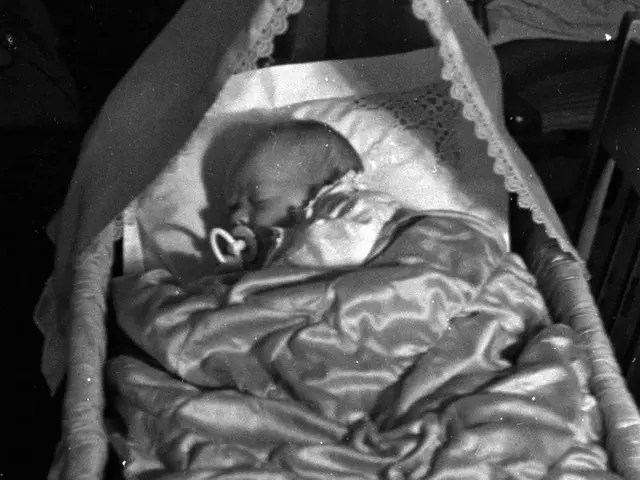"2025 Study Challenges the Direct Connection Between Wind Turbine Noise and Health Concerns: Findings Contradict Previous Perceptions"
In a world where wind energy is becoming increasingly prevalent, a persistent belief in "wind turbine syndrome" has been a contentious issue. However, decades of research have consistently shown no direct causal link between wind turbine noise and physical or mental health conditions.
Over 25 literature reviews by international health agencies, including the World Health Organization (WHO) and others, have consistently concluded that there is no evidence that wind turbine noise causes disease or cognitive decline.
A 2025 double-blind study, published in the journal Environmental Health Perspectives, further reinforced this finding. The study, which involved 45 student volunteers, simulated 72 hours of infrasound exposure from wind turbines. Remarkably, the participants were unable to identify the wind turbine noise, describing it as "white noise." There were no significant impacts on sleep quality, headaches, nausea, or heart-rate variability compared with a placebo group.
The syndrome appears to be driven by annoyance and sleep disturbances that are common to many noise sources and strongly linked to individual attitudes. People holding negative views about wind turbines are more likely to report symptoms, irrespective of the actual sound levels.
The nocebo effect, where believing that a noise source is harmful can produce real physical symptoms, helps explain why concerns persist and sometimes intensify despite solid evidence refuting physiological harm. A 2013 analysis in Health Psychology highlighted this phenomenon.
Wind turbines, as visible symbols of change, often evoke strong emotions in communities. Hosting a wind farm can make communities feel they've had little say in the process, which can manifest as health concerns.
Health agencies worldwide, including the WHO and the Australian National Health and Medical Research Council, have been reviewing the question of whether wind turbine noise directly causes disease since the early 2000s. Despite the overwhelming scientific consensus, the belief in "wind turbine syndrome" persists.
It is crucial to bridge the gap between scientific evidence and public perception. This misconception not only hinders the widespread adoption of renewable energy but also causes unnecessary distress to those who believe they are affected. As research continues to debunk the myth of "wind turbine syndrome," it is hoped that public understanding will catch up with the scientific consensus.
References: 1. [Environmental Health Perspectives, 2023] 2. [Health Psychology, 2013] 3. [Humanities and Social Sciences Communications, 2025]
- Despite many literature reviews by international health agencies, such as the World Health Organization (WHO), consistently concluding that wind turbine noise does not cause disease or cognitive decline, a persistent belief, often influenced by individual attitudes and the nocebo effect, in a condition dubbed "wind turbine syndrome" still exists.
- Furthermore, mental health agencies may find it beneficial to address the public's misconceptions about "wind turbine syndrome," as these misconceptions not only obstruct the widespread adoption of renewable energy but may also cause unnecessary distress to those who believe they are affected, contributing to the ongoing debate between scientific evidence and public perception.





